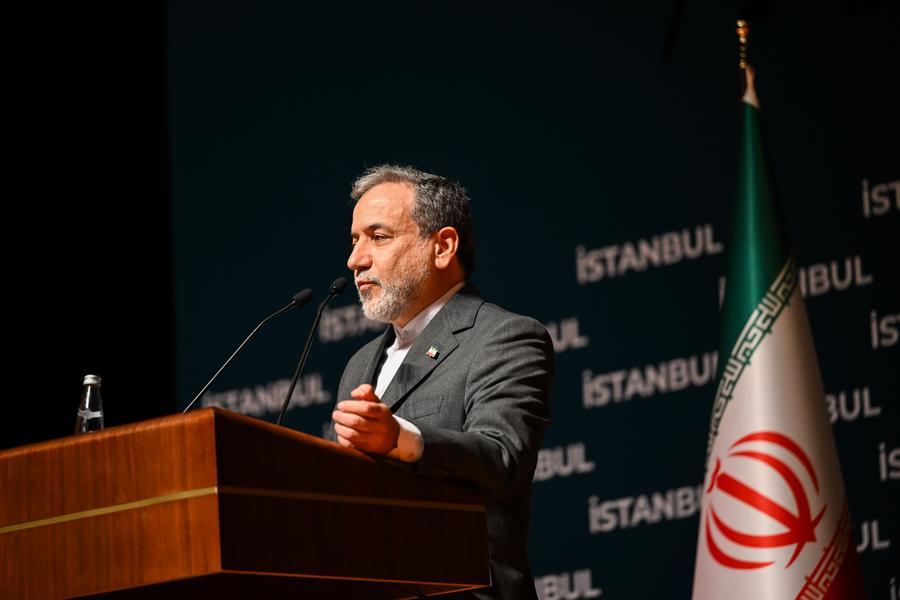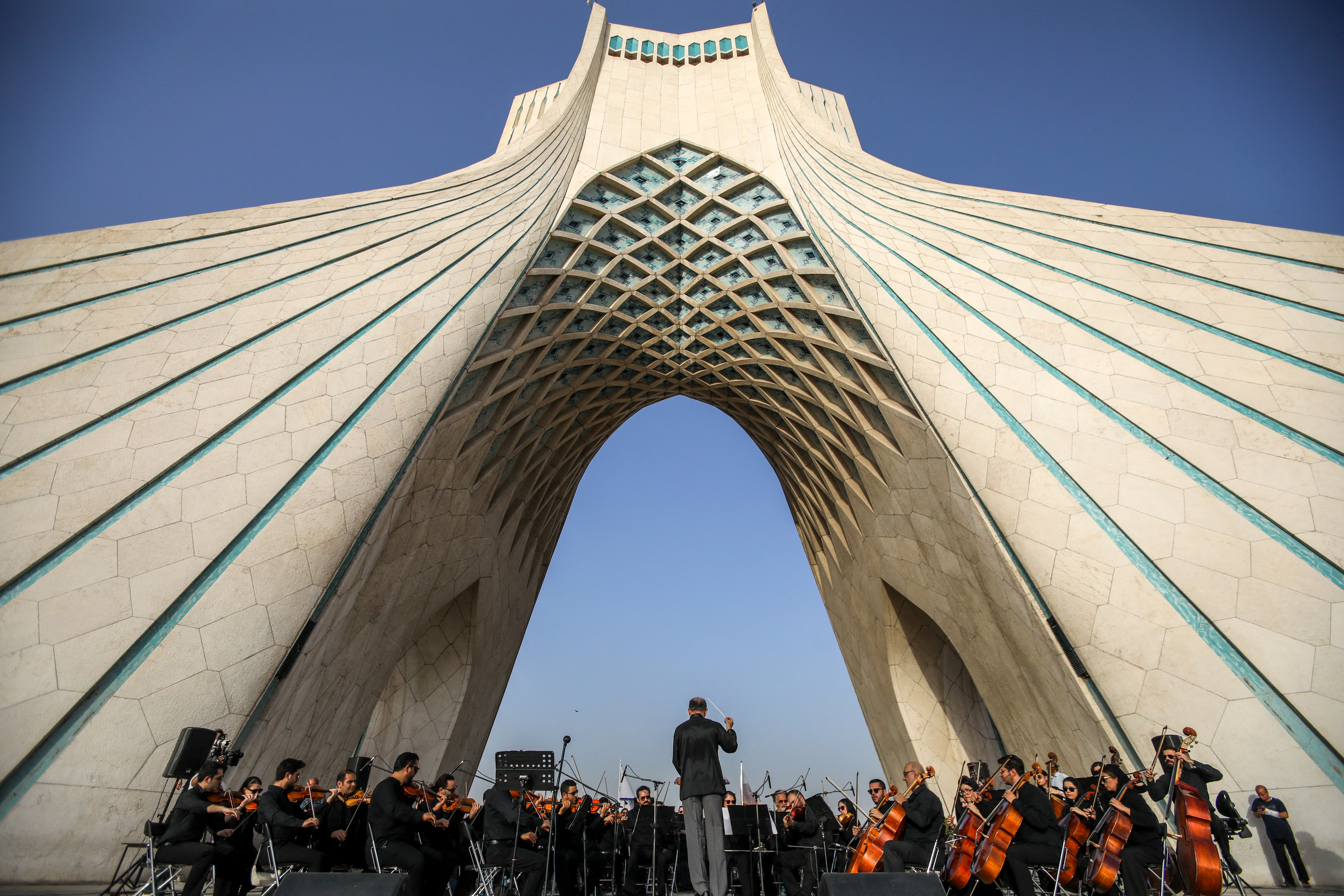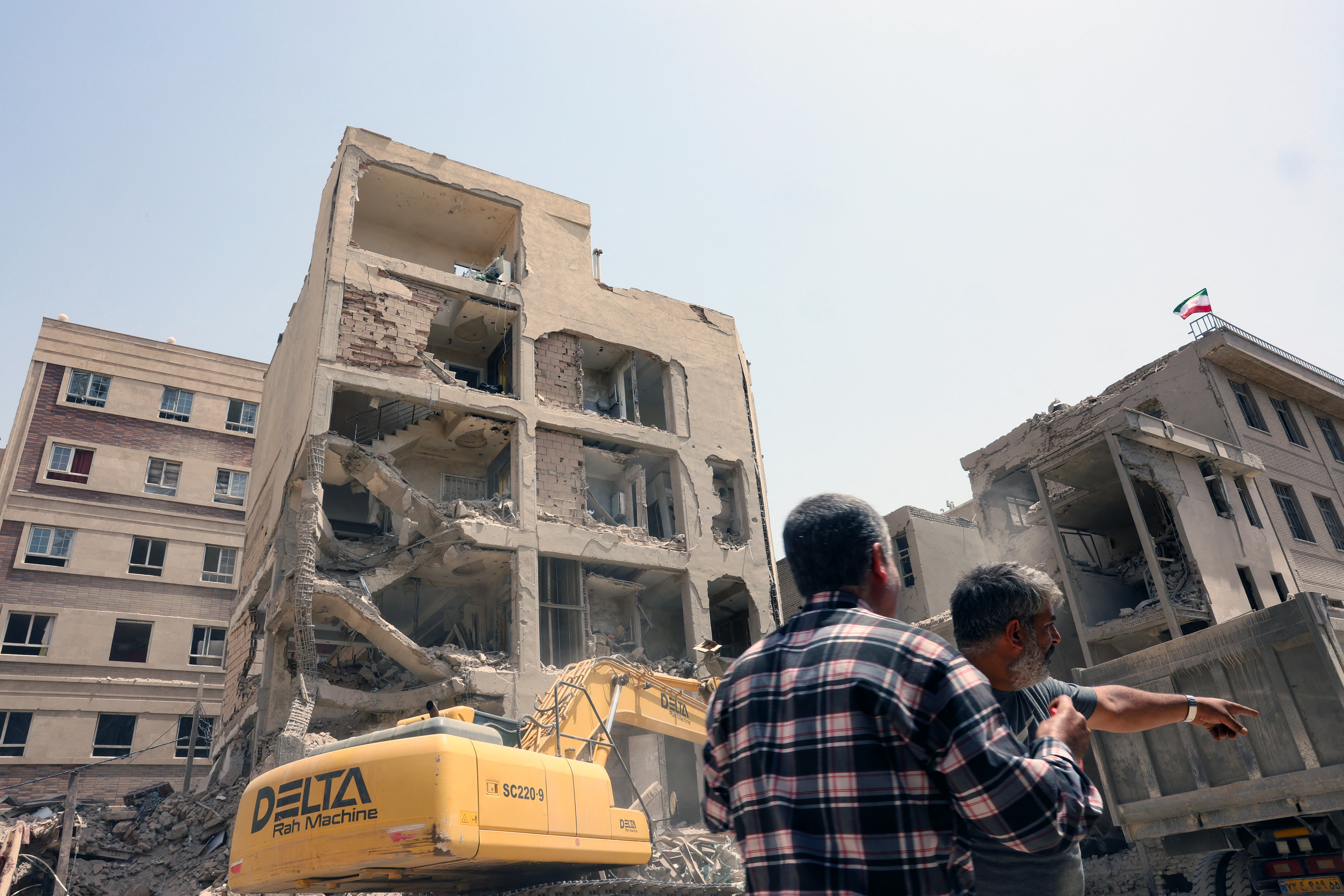
TEHERAN / JERUSALEM / CAIRO / KUALA LUMPUR - Iran's Foreign Minister Seyed Abbas Araghchi said on Thursday that no arrangement or commitment had been made to resume negotiations with the United States, amid heightened tensions following attacks by Israel and the United States on Iranian territory.
In an interview with state broadcaster IRIB, Araghchi said the possibility of restarting talks was under consideration but would depend on whether Teheran's national interests were protected.
"Our decisions will be based solely on Iran's interests," he said. "If our interests require a return to negotiations, we will consider it. But at this stage, no agreement or promise has been made and no talks have taken place."
ALSO READ: Trump says US to hold talks with Iran next week
Araghchi accused Washington of betraying Iran during previous rounds of negotiations on reviving the 2015 nuclear deal and lifting US sanctions.
The Iranian diplomat also confirmed that a law suspending cooperation with the United Nations nuclear watchdog had become binding after being passed by parliament and approved by the Guardian Council, a top constitutional oversight body.
"The law is now obligatory and will be implemented. Our cooperation with the IAEA will take a new shape," he said.
Araghchi also said the damage caused by the 12-day war with Israel was "serious" and that experts from the Atomic Energy Organization of Iran were conducting a detailed assessment. He said the question of demanding reparations was high on the government's agenda.
Khamenei: US gained nothing
Also on Thursday, Iranian Supreme Leader Ali Khamenei said the United States gained nothing from the war against Iran and instead received a "harsh slap" in the face.
He made the remarks in a video message broadcast by state-run IRIB TV while congratulating the Iranian nation on its "victory" in the war with Israel and the United States.
"Despite all its propaganda and claims, Israel was almost knocked down and crushed under Iran's blows," said Khamenei.

He added that the Iranian missiles and other weapons managed to pass through Israel's "advanced multi-layered defense" and raze to the ground many of Israel's urban and military areas.
Khamenei said Israel should know that any aggression against Iran would be heavily costly for it.
He added the United States entered the war to rescue Israel, "but accomplished nothing from this war."
ALSO READ: Truce hailed but tensions simmering
He noted that the United States exaggerated its achievements in the war because they failed to achieve their objective and needed that to cover up the truth, emphasizing that "here again, the Islamic Republic of Iran achieved victory and responded by giving the United States a harsh slap in the face."
Khamenei said Iran attacked US Al Udeid Air Base in Qatar, "which is among the US important bases in the West Asia region," and inflicted damages, stressing that some sought to downplay it and said nothing had happened.
Suspending cooperation in IAEA
Iran's parliament speaker Mohammad Bagher Ghalibaf said on Thursday that a law suspending the country's cooperation with the UN nuclear watchdog has been submitted to the government for implementation, following approval by the Constitutional Council.
The move, which halts Iran's cooperation with the International Atomic Energy Agency (IAEA), comes amid heightened regional tensions after recent military exchanges with Israel and the United States.
ALSO READ: Iranian president announces 'end of the 12-day war'
"Today, after the Constitutional Council's approval, the law suspending cooperation with the IAEA was handed over to the administration," Ghalibaf said in a post on social media platform X.
Netanyahu: Military campaign created ‘window of opportunity’
In Jerusalem, Israeli Prime Minister Benjamin Netanyahu said on Thursday that Israel's recent military campaign against Iran has created a "window of opportunity" to expand regional normalization agreements, days after a fragile ceasefire took effect.
His comments came amid unconfirmed reports by Israel's state-owned Kan TV that Israeli and Syrian officials have held indirect talks, via US mediators, on a possible normalization deal between the two countries. The two neighboring countries have officially been in a state of war since 1948.
In a video statement, Netanyahu reiterated that Israeli airstrikes on Iran -- including targets linked to its nuclear program, missile infrastructure, and government institutions -- marked what he called "a great victory."
He said the move "opens up an opportunity for a dramatic expansion of the peace accords," adding that, "We are working on this vigorously."

He said that alongside efforts to secure the release of Israeli hostages held in Gaza and to defeat Hamas, "there is a window of opportunity that must not be missed. We must not waste even a single day."
Netanyahu is reportedly scheduled to visit the White House in the coming days, according to Israeli media. His office did not immediately confirm the visit.
Meanwhile, Egyptian President Abdel-Fattah al-Sisi and British Prime Minister Keir Starmer held a phone call on Thursday to discuss the recent ceasefire between Israel and Iran, urging a diplomatic path toward a peaceful resolution of the crisis, the Egyptian presidency said in a statement.
ALSO READ: Israel says new missiles from Iran amid ceasefire, Iran denies
The two leaders emphasized the need to "commit to a return to the negotiating table for a peaceful resolution of the crisis and to refrain from resorting to military force," the statement said.
The Association of Southeast Asian Nations also welcomed the ceasefire between Israel and Iran and urged the countries involved to avoid further escalation.
ASEAN has reaffirmed the obligations of the countries to protect civilians and civilian infrastructures in armed conflicts in line with international law and relevant United Nations (UN) Security Council resolutions, the grouping said in a joint statement.
The conflict began on June 13 when Israel launched airstrikes on multiple targets across Iran, including military and nuclear facilities, killing several senior commanders, nuclear scientists, and civilians. The attacks came just days before Iran and the United States were expected to resume indirect nuclear negotiations in Muscat, Oman, on June 15.
READ MORE: Putin: Unprovoked aggression against Iran lacks justification
In response, Iran launched waves of missile and drone strikes on Israel, causing casualties and damage.
On Saturday, the US Air Force struck three key Iranian nuclear sites. In retaliation, Iran fired missiles at the US Al Udeid Air Base in Qatar on Monday.
The 12-day conflict ended with a ceasefire between Iran and Israel on Tuesday.


